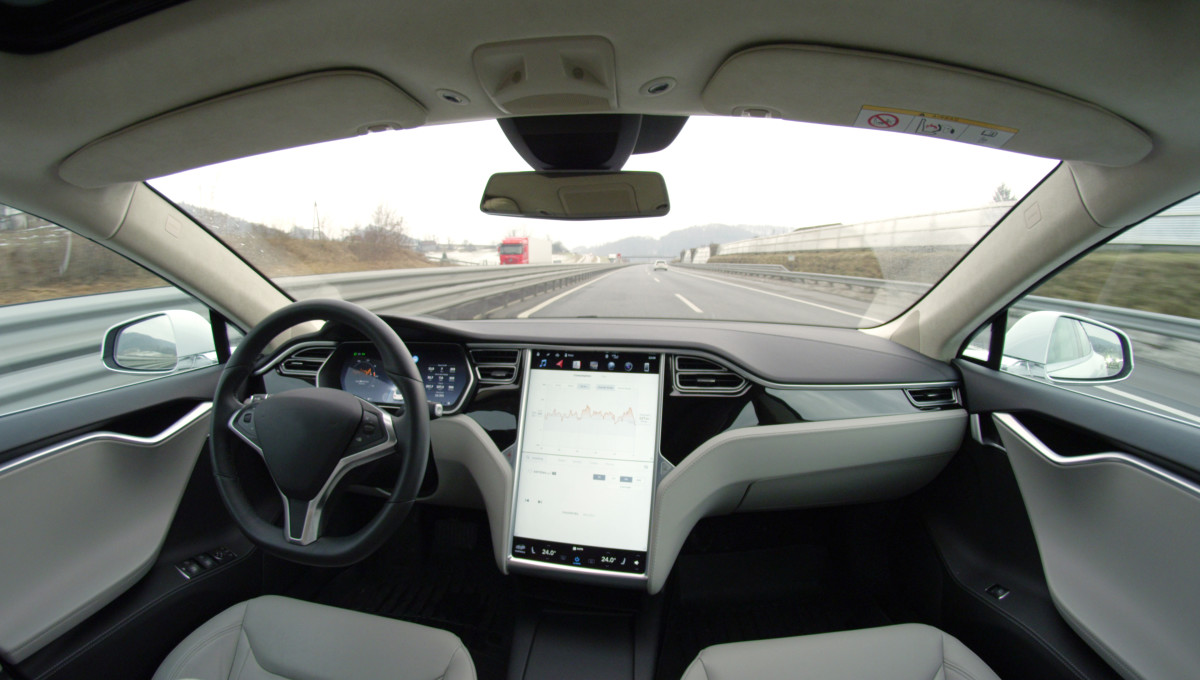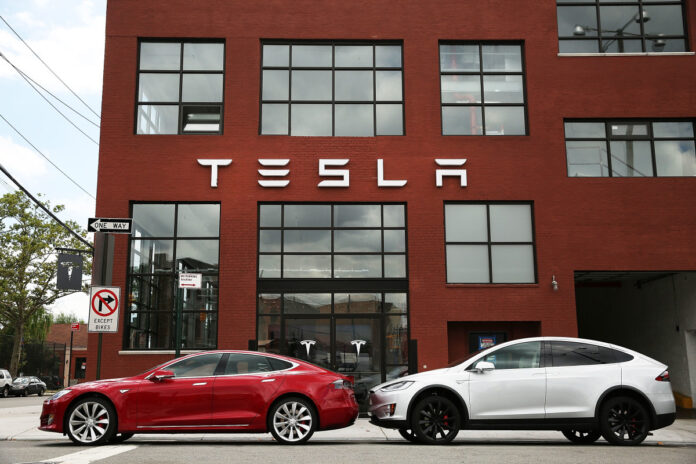Tesla’s Pattern of Settling Shows Increasing Accountability
Tesla has once again settled an Autopilot wrongful death lawsuit for an undisclosed amount, avoiding another potentially damaging jury trial. The tragic case involves 15-year-old Jovani Maldonado Garcia, who died in 2019 when a Tesla Model 3 using Autopilot rear-ended the car he was in. The family’s lawsuit alleged that Tesla’s advanced driver assistance system failed to properly detect and avoid the collision, also naming the driver as a defendant at the time. Rather than fight the case in court, Tesla has chosen to settle. It’s a pattern that suggests the company recognizes its legal vulnerability.
This settlement follows a concerning trend for Tesla’s autonomous driving technology, coming after the company paid $243 million to settle the Naibel Benavides case and months after a Florida jury ordered Tesla to pay $329 million in another fatal Autopilot crash case, demonstrating that juries are increasingly holding the automaker directly accountable for Autopilot failures.
Tesla’s Legal Exposure Is Growing, Not Shrinking
For everyday Tesla drivers, these settlements signal a crucial shift. Tesla can no longer hide behind their excuse so far: that drivers bear all responsibility for Autopilot crashes. Courts are finding Tesla partly liable when their systems fail to perform as marketed or when the technology doesn’t adequately ensure driver attention.
The pattern of massive settlements and jury verdicts suggests Tesla recognizes that its marketing of Autopilot capabilities creates legal liability that extends beyond simple driver error. When juries see evidence of how Autopilot is promoted versus how it actually performs, they’re increasingly willing to hold Tesla accountable for the gap between promise and reality.

What This Means for Current Tesla Owners
The practical implication for Tesla Autopilot users is actually positive, in that you’re not alone in bearing responsibility if the system fails. These settlements establish that Tesla faces real legal consequences when Autopilot doesn’t work as advertised, creating financial incentive for the company to improve safety rather than simply blaming drivers.
While Tesla still maintains that drivers must remain attentive, the mounting settlements show that corporate accountability is growing. For Tesla owners, this means the company has skin in the game. It isn’t just your attention and responsibility anymore, but Tesla’s reputation and bottom line are on the line too.
